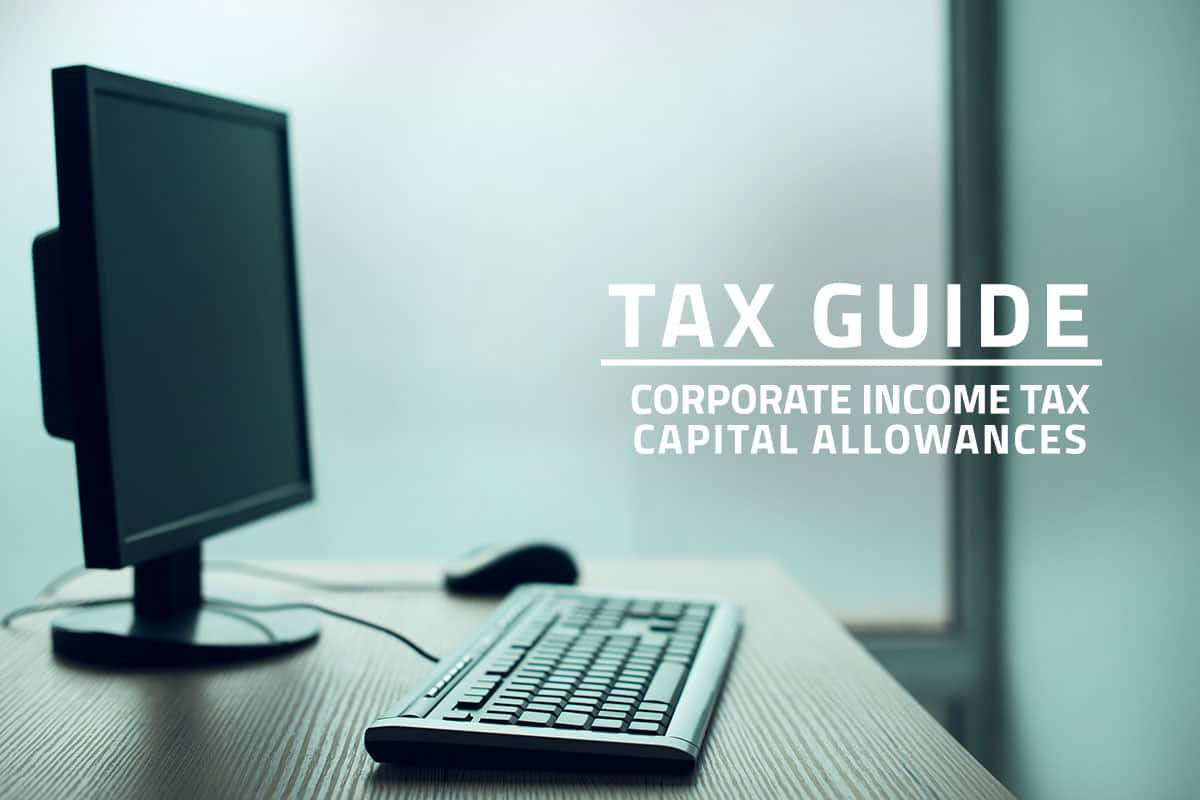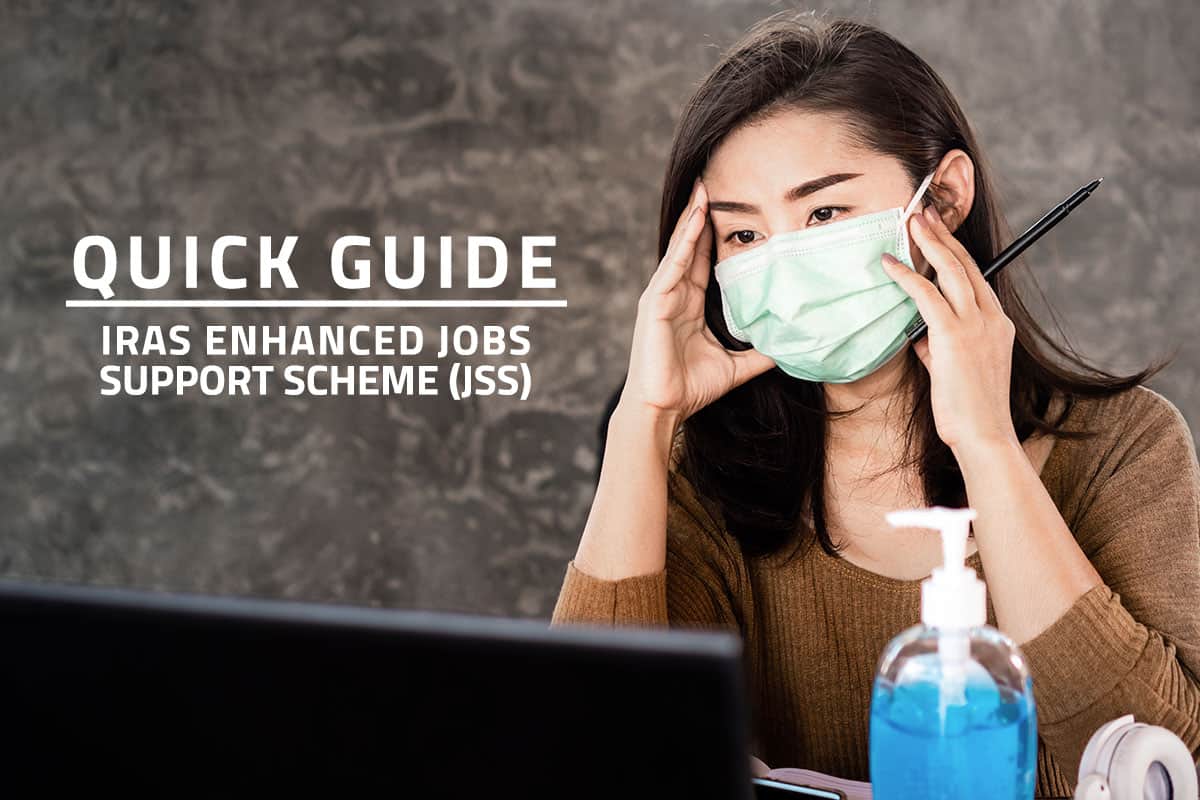Individuals (employees or sole proprietors) and companies are required to file annual income tax returns to the Inland Revenue Authority of Singapore (IRAS). A common phrase used by tax professionals is chargeable income. Chargeable income is defined as total taxable income less deductible expenses. The final tax percentage will then be levied on the chargeable income which will work out the final tax amount payable to the tax authorities. Non-chargeable income on the other hand, is total non-taxable income less expenses. No tax is payable on this income amount. In simple arithmetic terms, if a company’s taxable income is SGD200,000 and deductible expenses is SGD180,000, its chargeable income would work out to be SGD20,000.

From a company’s perspective, there are four broad categories of taxable income in Singapore, namely:
- Profits from day to day trade or business,
- Income from investments such as dividends, rent and interest income from banks
- Royalties
- Revenue gains
Typical taxable income for business is dependent on the company’s defined business scope. A restaurant operator’s taxable income would be the receipts from sale of food and beverages from its premises. A private education centre’s taxable income would be the fees received from students enrolled in its courses offered. These income sources are subject to Singapore tax if they are derived in Singapore. Foreign income sources from overseas are taxable when proceeds are repatriated back into Singapore, used to settle Singapore debts and purchase of moveable property brought into Singapore. There are certain income sources that are not taxable as specified by the tax ruling, such as capital gains and foreign sourced dividend received by a resident company as defined by the Income Tax Act.
Businesses incur different types of expenses such as employee costs, financing costs and administration fees. In general, allowable business expenses that can be used to reduce chargeable income must be incurred and related to the ordinary course of business income generation. They must not be private expenses and capital in nature. Typical allowable expenses include employee salary and bonuses, CPF contributions, loan interest for business purposes, legal fees and accountancy expenditure. Some donations may also qualify as allowable business expenses. Going back to the restaurant operator example, its allowable business expenses include salaries on waiters and cost of food ingredients. Certain expenses such as fines, penalties, private travelling and car expenses are disallowed business expenses and should not be used to offset taxable income. In Singapore, a company is required to file estimated chargeable income (ECI) within 3 months from its financial year-end and pay the required estimate tax amount. Final tax filing should be submitted to the tax authority within 11 months from its financial year-end. In general, a company that has its financial year-end on 31 December 2019 will have to submit ECI by 31 March 2020 and submit its tax returns by 31 November 2020.
From the perspective of individuals, chargeable income is the income derived from employment less personal reliefs. In the course of employment, an individual may receive salary, bonus and other forms of taxable allowances which form part of his taxable income source. Personal reliefs such as CPF contributions can be used to reduce taxable income, hence lowering the final chargeable income subject to tax.
Determination of allowable income and business expenses is a matter of professional judgment. When in doubt, consulting a qualified tax professional may be a good option to ease your tax filing procedures.
Related Posts
Tax Guide: Singapore Capital Allowances
By law, all Singapore Companies are required to file annual income tax returns to the…
Quick Guide: IAS 20 – Accounting for Government Grants
This year, the COVID-19 crisis has adversely impacted the global economy. Singapore is no exemption,…
Singapore Guide: ISCA FRB 6 – Accounting for Jobs Support Scheme
This year, the COVID-19 pandemic has inevitably adversely impacted the global economy. Singapore companies and…
Quick Guide: Singapore’s Enhanced Jobs Support Scheme (JSS)
The Singaporean government launched the Jobs Support Scheme (JSS) in late April as part of…












